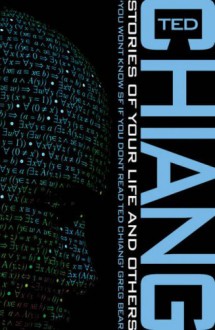
This was a ride and a half and I did not expect it to be this good or turn out this serious.
You know everything HAD to have gone to pot for the ship to end in one body, sure. I was ready for an action/adventure sci-fi romp, and in a way, it is that. What surprised me was how hard it goes into the social issues inherent in colonization, how it explores the notion of identity and how it can be more than one thing, going double for entities that work more like a hive. "I'm at war with myself" is a very psychological statement that seems to be a theme for many characters, and ultimately gets very literal in this sci-fi set up.
There is also the constant coming back to the duality system of belief, the idea that fate is as it's tossed, and so you might as well choose your step, one after the other (sounds a lot like Taoist beliefs to me, plus the idea of hitzusen). What I found interesting is how it delves into thoughts and intentions vs actions, and obliquely (or at least, what I took from the whole sample of characters) how in the moment of truth you don't know who will be that will make the selfless choice (because when it comes right down to it, sometimes people don't even realize it was the moment of truth till it passed), but also, that past choices define next ones, but not in the way one would suspect (because sometimes, the feel that you chose wrong might make you very, very set and vigilant to choose differently afterwards)...
Aaaand, yeah, I got right down philosophical. I think it was all that loooong interrupted chat between Toren and Anaander Mianaai. It made me go "oh, shit" in so may directions. Very interesting.

 Log in with Facebook
Log in with Facebook 









